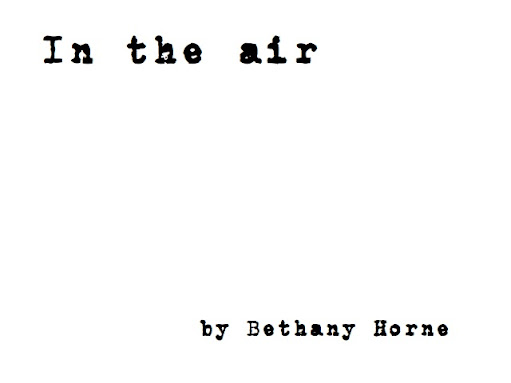My calendar this year is a poster-sized, arty, glossy wall calendar about work. What work do we do, why do we do it, and, radically, what does it mean.
I've been grateful for the art in this calendar these past few weeks. I've been struggling with my job: not the work itself, but everything surrounding it that tries to get in the way of, ruin the effect of or remove the meaning from the work itself. Publishing is thrilling, but if the mix of people and abilities is off, then doing the work is really, really hard.
2011 is going to be a year of work. Personal projects and paid employment are just two expressions of that quest for satisfaction and excellence in the practical things that I do. I have a lot of loan to pay off, as of this spring, but I'm going to continue the struggle, even as finances take priority, for the work that I do to be about satisfaction more so than remuneration or the filling of time.
I want to reprint the words at the back of the calendar, because they embody what I'm thinking about as I work throughout this year:
What is work? In a broad sense, “work” is the activities that produce a result; for our concerns, let’s call that “social wealth.” Yet it’s a question that begs so many more—perhaps none more pressing than “What should work be?” We all have ideas of what work shouldn’t be: mind-numbing, exploitative, hierarchical, dangerous, disempowering, etc. Though things get muddled when we try and flip the question around.

When we say that work should be creative, just, cooperative, healthy, and empowering we are laying an ethical, more than practical, groundwork. Ethics alone won’t help us solve questions such as “What share of the social wealth and I due for the time I spend at work?”; “Does my time parenting contribute to the social wealth to the same degree as my work as an electrician?”; “How do we place value on different kinds of work that each contribute to the social wealth?”; “If I choose not to contribute to the creation of social wealth, am I guaranteed any part of it?” These aren’t trivial questions—nor are they entirely new. But before we get too philosophical about it, let’s remember that at the end of the day, the water still has to flow from the tap, we need eyeglasses, and food and shelter are a must. So yes, the struggle to re-envision work is ethical, philosophical, theoretical, and practical.
And if work provides social wealth for all, perhaps we should make a distinction between working to produce for the good of all and working for a paycheck. Is it possible that our economy morph into one based on reciprocity instead of profit motive? Can we erode class society by building institutions and practice that militate against it? Can we create a sense of pride and dignity in our work practices, with a domino effect of solidarity to follow?
So we have before us a calendar produced by the hard-working aesthetes at Justseeds. For every month there’s a new image relating to our topic of work: be it the pleasure of work itself, the hard times, the fight for our rights, the global financial system and its creep into our world of work, or the fight for control over our lives.
Let’s spend this year thinking about the world of work, our own and that going on all around us. And let’s peer into how it numbs minds, exploits, kills, and disempowers and how it could be creative, just, cooperative, healthy, and empowering. Maybe after next year we’ll be that much more prepared to answer the perennial question, “What should work be?”










